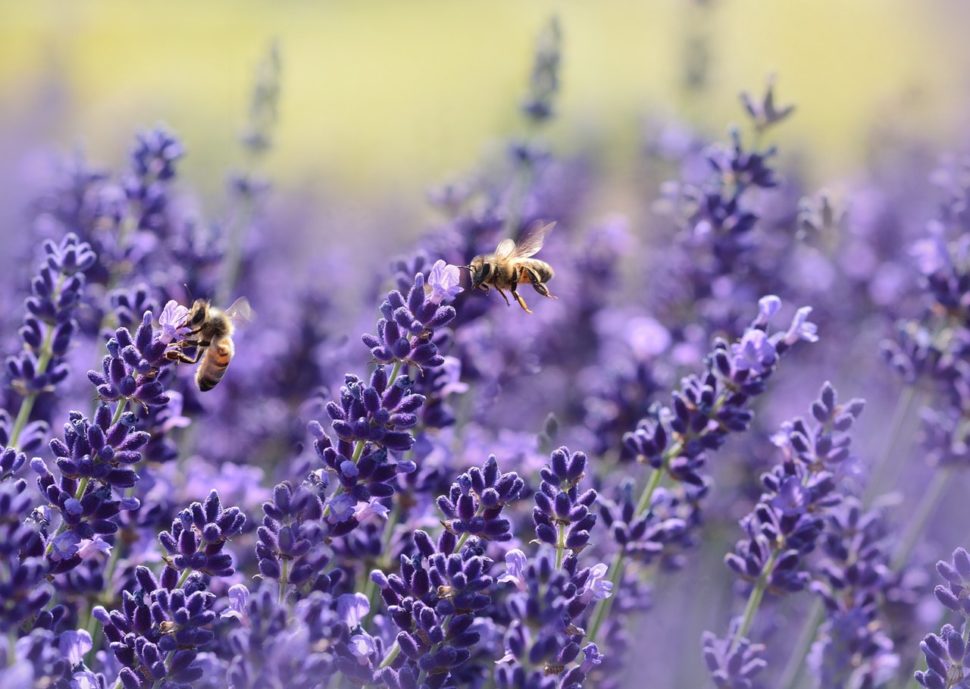If bees disappeared tomorrow, our planet would not have long to live. They play a significantly vital role in several ecosystems and are one of the most important species on our planet.
If bees go extinct, the consequences will be more serious than just making your morning toast a little less sweet.
Over 75 percent of the crops that end up as human food rely on pollinators to reproduce – a global market worth $235 to 577 billion a year.
Of all insects and animals, bees, with over 20,000 species in the wild, are one of the most successful pollinators.
In their endless foraging for protein-rich nectar, bees make the world diverse, colorful, and life-giving.
Bees, including honeybees, and like most other insect species, are in serious danger. And for the most part, we are to blame.
We are ruining their natural habitat. Either by converting it into monocrop cultures, drenched in pesticides and other toxic chemicals, or building urban areas with less green space.
Read More: Future Insect Decline Could Lead to Total Environmental Collapse
In the U.S., honeybee populations are falling despite the White House’s strategy, in 2015, “to promote the health of honey bees and other pollinators”. In 2016, the US Fish and Wildlife Service put several bee species on the endangered list for the first time. In the year 2016-2017, American beekeepers reported the loss of a third of honeybee colonies.
But besides the human factor, bee colonies also fall victim to many pathogens and pests.
The Social Immune System of Honeybees
Different parasites and bacteria find beehives to be the perfect place to thrive.
Honeybees are known for their strict hygiene. When a bee or a larva dies, worker bees take the body outside and keep the hive clean from any rubbish.
“This hygienic behavior, which has a strong genetic component, is known to improve the colony’s chance of survival,” say researchers at York University who led a study that investigated this behavior.
The team of biologists identified what they call “clean genes”, genes that influence the hygienic behavior in honeybees.
They think their findings “could lead to a new technique for use in selective breeding programs around the world to enhance the health of honeybees.”
The research provides new insights into the genetic workings of the social immune system in honeybee colonies. It could also lead to the breeding of gene-edited bees to help boost colony numbers.
“Social immunity is a really important trait that beekeepers try to select in order to breed healthier colonies,” said Professor Amro Zayed, a bee biologist at York’s Department of Biology, Faculty of Science. “Instead of spending a lot of time in the field measuring the hygienic behavior of colonies, we can now try breeding bees with these genetic mutations that predict hygienic behavior.”
Prof. Zayed led the study that involved 13 other bee experts from four universities in Canada. He thinks their work would pave the way to using genomics to breed gene-edited bees and boost their social immunity system.
The findings of the study also represent a starting point for other geneticists to investigate this gene-edited bees trait further.



















Comments (0)
Most Recent